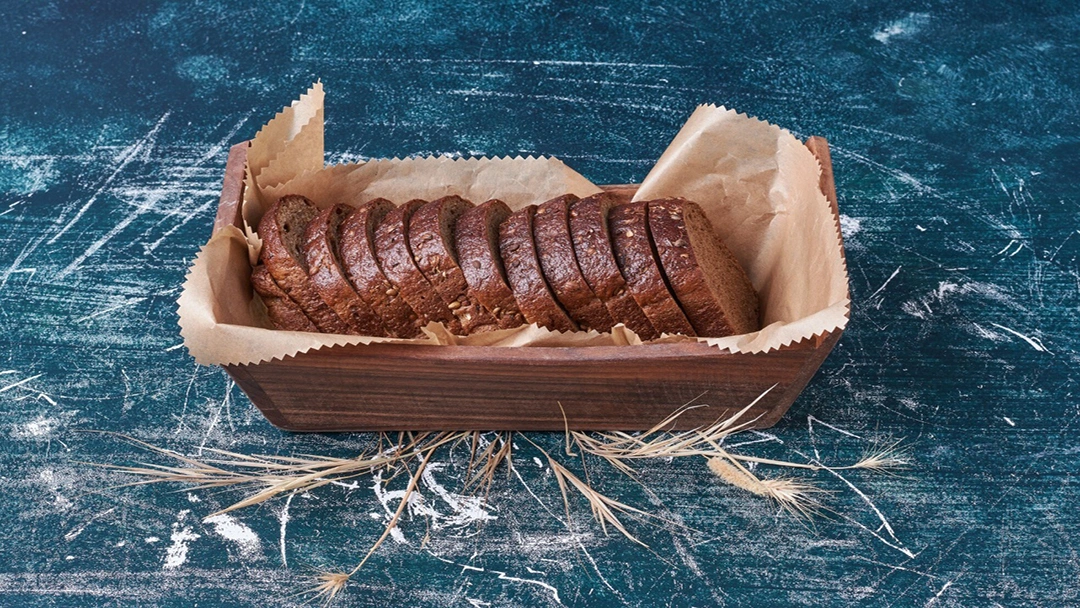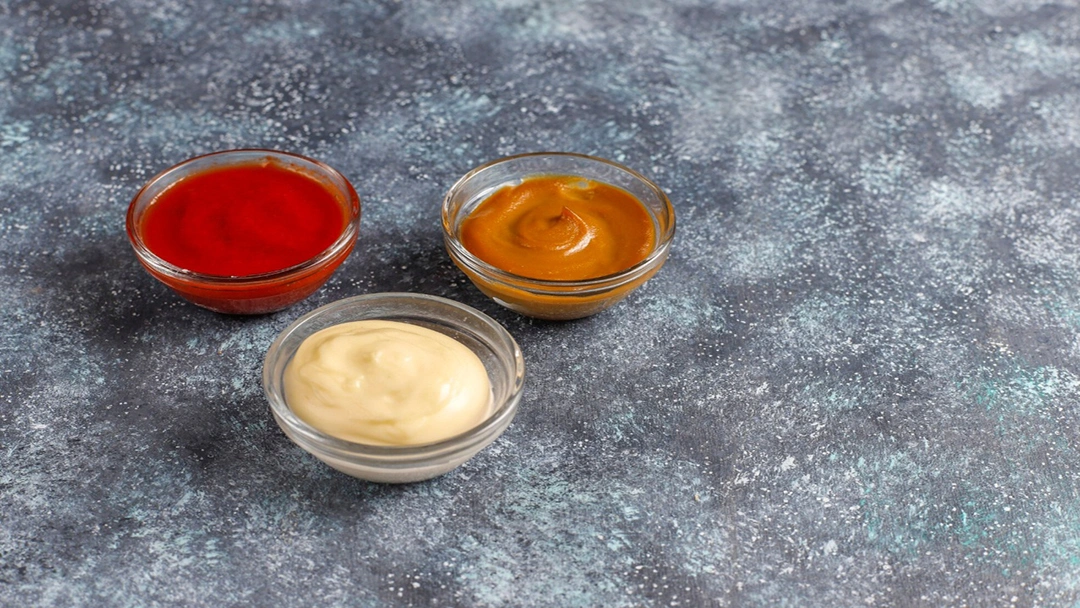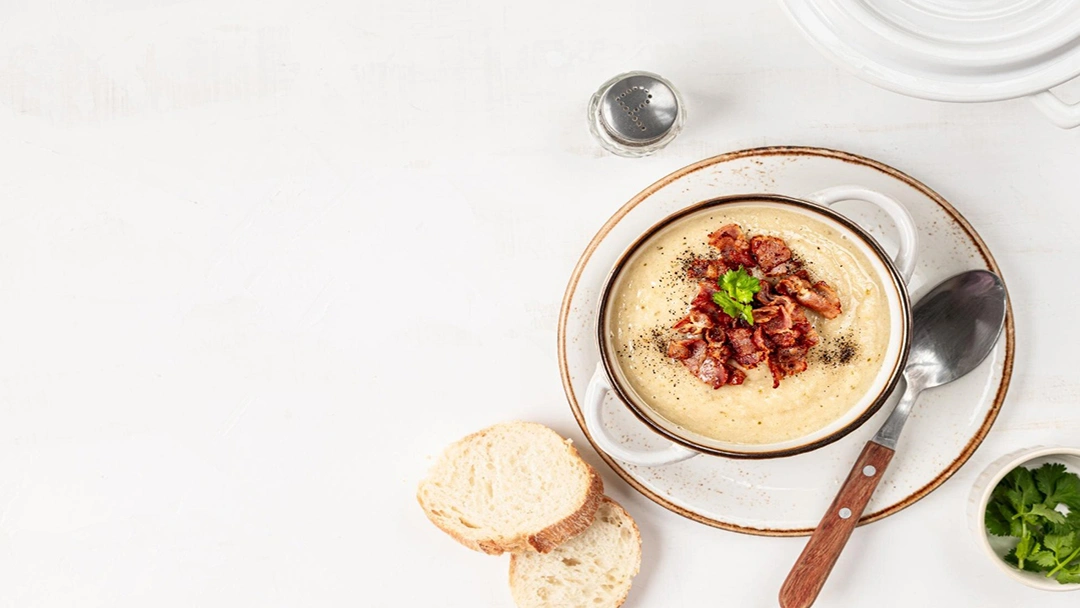Types of Zero-Carb Diet
There are many zero-carb diets, each with its own specific rules and goals. Some of the most popular zero-carb diets include
- The Keto (Ketogenic) Diet: A high-fat diet that focuses on high-quality protein sources and allows limited amounts of non-starchy vegetables.
- The Carnivore Diet: A meat-based elimination diet focusing on high-fat and moderate-protein animal products like meat, poultry, fish, and limited dairy, and avoiding all plant-based foods, from vegetables and fruits to grains and nuts.
- The Atkins Diet: This diet starts with minimized carbohydrates and phases to gradually reintroduce carbs.
- The Paleo (Paleolithic) Diet: Focuses on whole foods, lean meats, fish, fruits, vegetables, nuts, and seeds while excluding grains and processed foods.
- Zero-Carb Fasting: Intermittent fasting has many different types, including a 96-hour fast, 72-hour fast, 60-hour fast, 48-hour fast, 40-hour fast, 36-hour fast, 20-hour fast, 24-hour fast, 18-hour fast, 16-hour fast, 12-hour fast, and zero-carb fasting. In zero-carb fasting, you need to avoid all calorie sources, including carbohydrates.
Going on a zero-carb diet can positively impact your health, as it can help decrease inflammation, support digestive health, boost fat melt and weight loss, improve heart health, and control blood sugar levels.
Learn More: A Low-Carb Diet: Your Free Beginner Guide
[cta-meetings]
The Health Benefits of a Zero-Carb Diet
Although a zero-carb diet includes avoiding different foods you may be used to eating, it can help you modify your eating habits by eliminating unnecessary foods, which can provide the benefits, including
- Decreasing Inflammation
- Improving Digestive Health
- Boosting Fat Melt and Weight Loss
- Improving Heart Health
- Controlling Blood Sugar Levels
A Zero-Carb Diet Can Decrease Inflammation
Various studies indicate that a zero-carb ketogenic diet can have anti-inflammatory effects by suppressing nuclear factor kappa-light-chain- enhancer of activated B cells (NF-kB) activation and nucleotide-binding domain, leucine-rich-containing family, pyrin domain-containing-3 (NLRP3) inflammasome [4] [5] [6].
Also, a 2024 study indicates that a ketogenic diet can improve some of the markers related to inflammation, including TNF-α and IL-6 [7].
[cta-meal-plan]
A Zero-Carb Diet Can Improve Digestive Health
A 2010 study showed that a very low-carb diet can positively affect the quality of life, alleviate abdominal pain, improve stool habits, and relieve patients dealing with diarrhea-predominant irritable bowel syndrome (IBS-D) [8].
Also, a 2000 study on 239 participants with IBS or non-specific functional bowel complaints indicated that avoiding sorbitol, lactose, or fructose for 30 days could alleviate IBS symptoms [9].
A 1998 study on IBS patients indicated that they were dealing with abnormal colonic fermentation of carbohydrates, which was improved after eliminating harmful carbohydrates [10].
A Zero-Carb Diet Can Boost Fat Melt and Weight Loss
Consuming fat and protein instead of carbohydrates can help you feel more satiated, so you consume fewer calories, which leads to weight loss [11] [12] [13].
Also, going on a very low-carb diet causes water weight loss, which leads to quick weight loss because every gram of carbohydrates in your body contains about three grams of water [14] [15].
Additionally, a 2003 study on the impact of carbohydrate-restricted diets on weight loss indicated that obese participants who had metabolic syndrome or diabetes lost more weight during six months on a low-carb diet than on a low-calorie and low-fat diet.
[cta-gocarnivore-plans]
Also, the low-carb diet helped the participants improve insulin sensitivity and triglyceride levels [16].
A Zero-Carb Diet Can Improve Heart Health
Zero-carb diets can lower blood triglyceride levels, which directly affects heart health, as high triglyceride levels can negatively impact heart health [17] [18].
A 2006 study on carbohydrate-restricted diets showed that weight loss resulting from restricting carbs could change plasma lipoproteins secretion and processing and particles related to lower risk for atherosclerosis and coronary heart disease [19].
A Zero-Carb Diet Can Help Control Blood Sugar Levels
Consuming carbohydrates can cause fluctuations in blood sugar levels, so cutting carbs can help stabilize blood sugar levels, which is necessary for diabetic patients [20].
A 2008 study on the impact of low-carb, ketogenic diets versus low-glycemic index diets on glycemic control in type 2 diabetes patients indicated that low-carb diets could greatly improve glycemic control and lower or eliminate medications compared to low-glycemic index diets [21].
Despite all these health benefits, a zero-carb diet may cause temporary side effects in some individuals. So, it’s wise to know about them and modify our approach accordingly to minimize unwanted side effects.
[cta-meetings]
Side Effects of a Zero-Carb Diet
During the initial stages of going on a zero-carb diet, your body, especially your digestive system, goes through changes to adapt to the new dietary situation.
During this phase, some individuals may experience side effects, like constipation, diarrhea, low energy levels, nausea, and headaches, which usually fade away in a week or two as your body adapts to the new eating habits.
Constipation
Cutting carbohydrates includes eliminating water-rich vegetables and fruits, which can affect the digestive system and cause irritations like constipation.
A 2013 study indicated that consuming more liquids can help cure constipation and alleviate symptoms [22].
Diarrhea
A 2005 study shows that going on a zero-carb diet can cause gastrointestinal disruptions, including nausea/ vomiting, diarrhea, and constipation associated with gastritis and fat intolerance [23].
Low Energy Levels
Carbohydrates are the primary energy source for individuals who consume them. Shifting to a zero-carb diet may cause low energy levels in the early days of adapting to a zero-carb lifestyle [24].
[cta-meal-plan]
Nausea and Headaches
Eliminating carbohydrates can make changes in metabolism, which can lead to nausea, headaches, and disrupted sleep in the short term [25].
The important point is that some groups of people are more prone to side effects of an elimination diet due to their specific situation and needs.






























